What Is 24/7 Customer Support?
24/7 customer support is a service model where businesses provide round-the-clock assistance to their customers, 365 days a year. This approach ensures that help is always available, regardless of time zones or holidays.
Why does it matter for your business?
Consider the potential revenue lost when a customer can’t reach you during a critical moment. That’s a risk many businesses can’t afford to take. With 24/7 support, you essentially maintain constant availability for your customers.
Customers are no longer confined to traditional business hours. They engage with products and services at all hours. By offering 24/7 customer service, you don’t just meet expectations but position your business as customer-centric.
91% of customers say they’re more likely to make another purchase after a great customer service experience. That’s a significant opportunity for increased sales and customer retention.
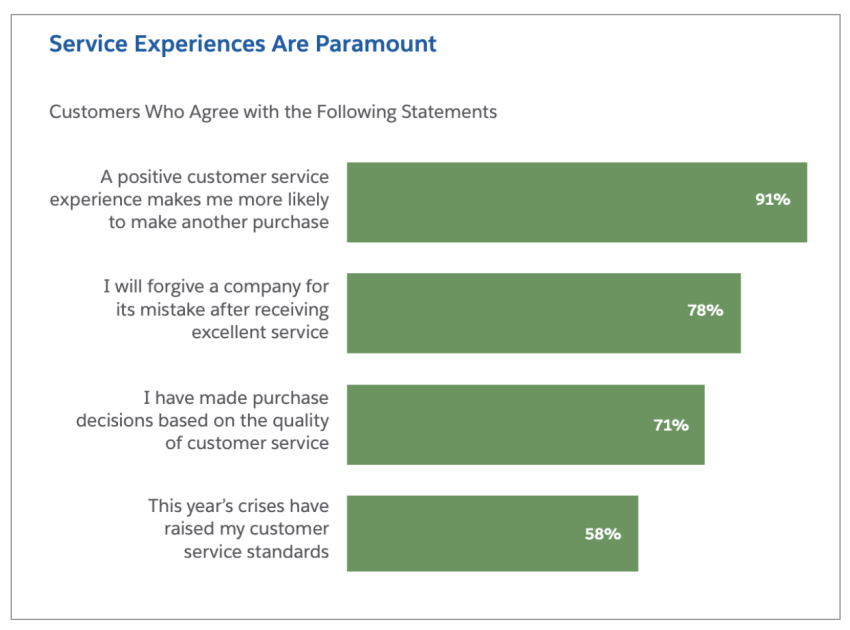
Benefits of 24/7 Customer Support
24/7 customer support isn’t just about being available round the clock — it’s about creating a business model that drives customer loyalty, satisfaction, and business growth while balancing your employee well-being.
The commitment to support 24/7 offers several key advantages:
📈 Increased customer satisfaction and loyalty
24/7 customer care is your always-open front door. When customers know they can reach you anytime, it creates a sense of security and trust. They’re not left hanging if they encounter an issue at 11 PM or on a holiday.
Offering 24/7 customer service translates directly into higher satisfaction rates. Good support impacts your bottom line.
Satisfied customers become your brand advocates. They recommend your business to others, effectively becoming an extension of your marketing team — at no extra cost.

💼 Improved brand image and reputation
Your business reputation and brand image speak volumes about your service. Offering 24/7 service sends a powerful message: “We care about our customers, no matter what time it is.”
This commitment doesn’t go unnoticed. It gives you a competitive advantage, differentiating you from competitors offering limited support hours. In fact, 68% of customers say a positive experience over a particular messaging channel significantly improved their brand loyalty.
Every interaction is an opportunity to shape your brand’s reputation in a digital space. A single positive late-night support experience can turn into a glowing review that attracts new customers.
📉 Reduced customer churn and increased customer lifetime value
Customer churn is a silent killer for businesses. But 24/7 customer support can effectively mitigate churn.
When you resolve issues quickly, customers are less likely to get frustrated and look for alternatives. Acquiring a new customer can cost five times more than retaining an existing one, so why not invest in 24/7 support instead?
Preventing churn doesn’t just save acquisition costs, it increases the lifetime value of each customer, which, over time, boosts your revenue.
Increasing customer retention rates by just 5% can increase profits by 25% to 95%.

⏳Faster issue resolution and improved efficiency
24/7 support allows you to address issues as they arise, preventing small problems from snowballing into bigger ones.
The real-time response capability reduces your average resolution time. It also prevents the Monday morning backlog that many businesses face after a weekend of accumulated customer inquiries.
Moreover, spreading your support 24/7 lets you handle more inquiries with the same number of staff, which improves operational efficiency.
🌐 Ability to cater to a global customer base
Your next big customer could be halfway across the globe. 24/7 customer service eliminates time zone barriers, allowing you to serve customers wherever they are, whenever they need you.
Global accessibility is critical for businesses looking to expand internationally. It shows that you’re committed to serving a global market, helping you win and retain international customers.
According to (CSA Research), 74% of consumers say they’re more likely to buy from a company that provides service in their language. With 24/7 support, you can staff your customer support team with multilingual support agents across different time zones, catering to a global audience.
Key Components of Effective 24/7 Customer Service
Omnichannel communication and self-service
A robust 24/7 support system caters to diverse customer preferences and offers omnichannel customer support. This means integrating multiple channels — phone, live chat, email, social media, and SMS — into a seamless communication network.

Customers should be able to start a conversation on one channel and continue it on another without losing context. Alongside these, self-service options are crucial.
A comprehensive knowledge base, community forums, and AI-powered chatbots empower customers to find solutions independently, reducing the load on your customer service team.
Intelligent ticketing and workforce management
A 24/7 help desk integrated with sophisticated workforce management tools goes a long way. Your ticketing system should automatically assign and prioritize support tickets and inquiries, track response times, and maintain a comprehensive history of customer interactions.
Pair this with workforce management tools that forecast call volumes, manage shift rotations, and track productivity across different time slots.
These systems work in tandem to staff you adequately at all hours without overstretching your team, improving your workflows, and maintaining service quality around the clock.
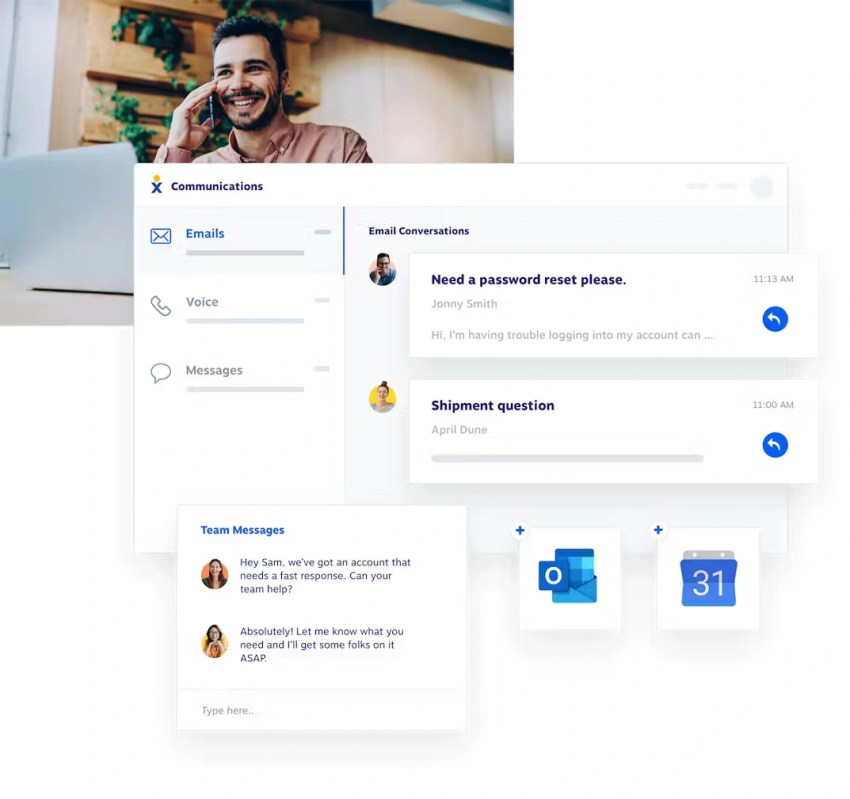
Data-driven quality assurance and continuous improvement
Enhancing the quality of support means a stronger focus on data analytics and quality assurance. Implementing robust analytics lets you track peak hours, common issues, customer satisfaction scores, and agent performance metrics across all shifts.
You can use this data to refine your processes and identify areas for improvement. Couple this with a comprehensive training program and regular quality checks and you ensure consistent service quality, regardless of the time of day.
You also need clear escalation protocols for complex issues to address critical problems 24/7. A feedback loop that collects insights from both customers and support staff is key to continuously refining and enhancing your support system.

How To Implement a 24/7 Support System
Implementing 24/7 support is a journey, not a destination. You’ll across many challenges and it requires ongoing commitment. But, the payoff in customer satisfaction and loyalty is worth investing in.
With a well-implemented support strategy, you can better meet and exceed customer expectations. Here’s how to get started:
1. Assess your needs and choose the right technology
Before diving into 24/7 customer support, take a good look at your current setup. What are your busiest hours? Where are your customers? What issues do they face? This information is your roadmap.
Then, gear up with the right tech. You’ll need:
- A robust ticketing system or 24/7 help desk software to manage inquiries
- Live chat software for real-time communication and live support
- A comprehensive knowledge base for self-service and troubleshooting
- AI-powered chatbots to handle simple queries 24/7
- Cloud-based contact center software for phone support
- CRM integration for a 360-degree view of customer interactions
- Analytics and reporting tools for data-driven decisions
Rather than investing in too many disparate systems, invest in a unified digital customer service tool that offers everything in one platform.
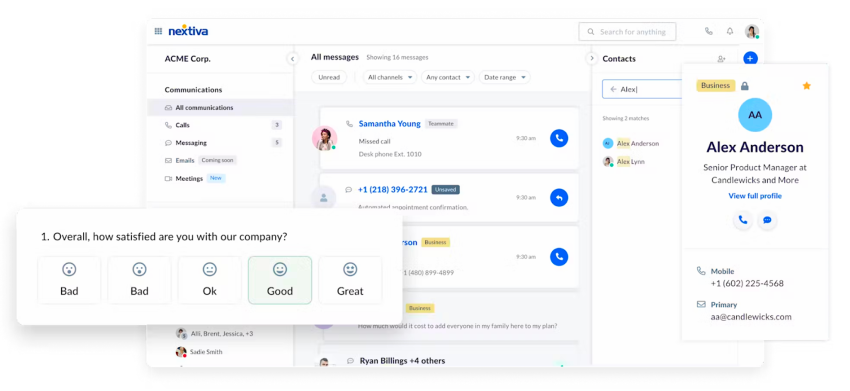
Cloud-based customer service solutions allow for remote work, making 24/7 coverage easier. CRM integration provides context for personalized support, while analytics tools help you continuously improve your support services.
Customers love self-service options, so make sure your tech supports this too. A good tech stack is versatile and reliable, no matter the hour.
2. Develop a staffing strategy and prioritize employee well-being
Staffing is often the trickiest part of 24/7 support. You might hire dedicated night staff, implement rotating shifts, outsource to a different time zone, or mix these approaches.
Whatever you choose, make sure your team is well-trained and aligned with your values.
Don’t forget about employee well-being. Odd hours can be tough, so offer competitive pay for night shifts, comprehensive health benefits, and create a supportive work environment. Happy employees lead to happy customers, it’s that simple.
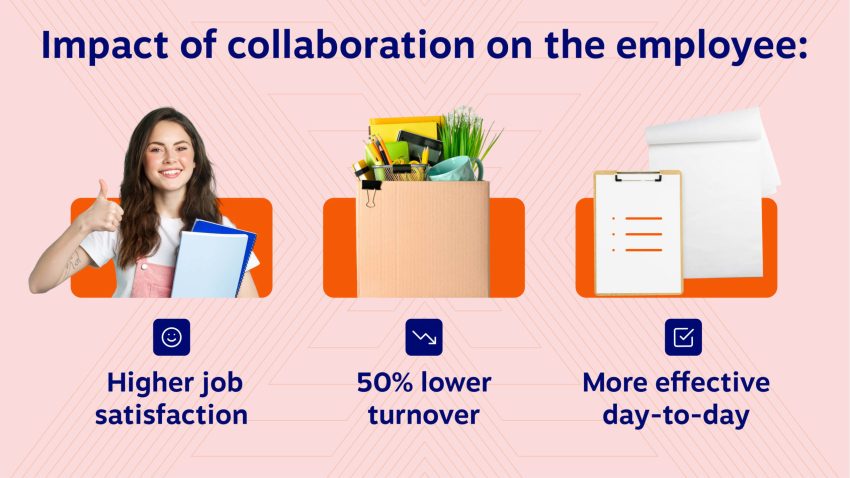
3. Create clear processes and start with a pilot program
Consistency is key. Develop standard procedures for common issues, escalation protocols for complex problems, and communication guidelines to maintain a consistent brand voice. Your 3 AM team should provide the same level of service as your 3 PM team.
Don’t flip the switch to 24/7 overnight. Start with a pilot program — may be extended hours or weekend support. This allows you to iron out problems before going fully round-the-clock.
4. Implement performance metrics and gather customer feedback
What gets measured gets managed. Track key customer service metrics like first-contact resolution, average handling time, customer satisfaction scores, and resolution rates. Use these to refine your support system.
Also, gather feedback from both customers and employees regularly to make data-driven improvements. Have a continuous improvement engine running in the background.
5. Bank on automation and plan for scalability
Use AI-powered chatbots to handle simple queries, freeing up your human agents for complex issues. Customer service automation should enhance, not replace, human support.
As your business grows, so will your support needs. Design your system with scalability in mind from the start. You want a strong foundation that can support future additions.

Tips & Best Practices for 24/7 Customer Service
Ready to implement 24/7 customer support? Here are some tips and best practices to keep your customer service flowing smoothly:
- Offer training that sticks: Train your team to mix up scenarios, focus on problem-solving, and encourage teamwork to keep your agents on their toes.
- Track metrics that matter: Go beyond basic numbers. Track how your agents feel, set goals for different communication channels, and map out the entire customer journey to identify areas for improvement.
- Create a happy team and happy customers: Show your agents some love. Offer incentives for tough shifts, prioritize work-life balance, and empower them to solve problems without unnecessary escalation.
- Prepare for peak hours: Be proactive. Use downtime to identify at-risk customers and consider outsourcing for unexpected surges. Gamification can also add a fun twist to busy periods.
- Use the right tech the right way: Let AI chatbots handle routine stuff while your team tackles complex issues. Offer seamless transitions between communication channels and keep your knowledge base clean with real-time updates.
- Integrate your systems: Connect your systems. Pre-fill customer information, use a unified ticketing system, and leverage API integrations to give your team a complete picture of each customer.
- Drive with data: Use data to predict staffing needs, identify trends, and experiment with different approaches to constantly improve your customer support.
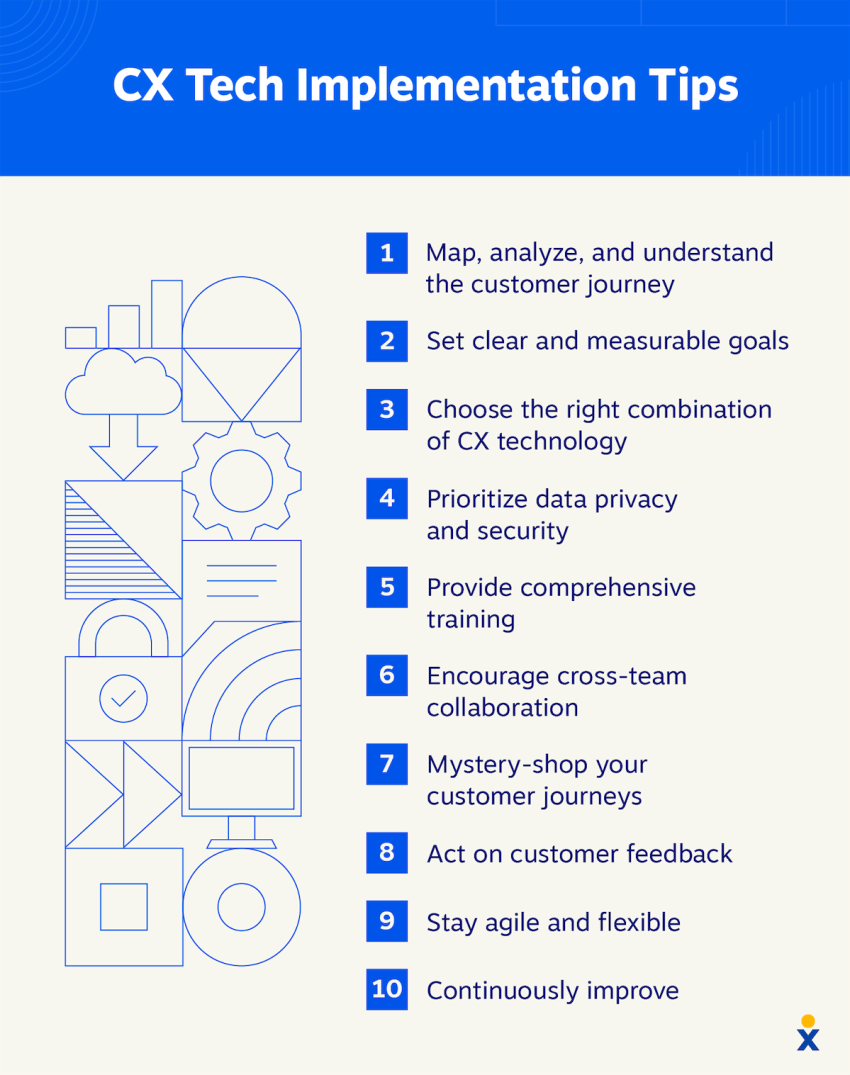
The Future of 24/7 Customer Support
24/7 support is shaping up to be more proactive, personalized, and technologically advanced. Here’s a quick look at emerging trends:
- Predictive support: Using AI and machine learning to anticipate and address customer issues before they occur, reducing support volume and improving satisfaction.
- Video support: Enabling face-to-face interactions for complex issues, adding a personal touch to remote assistance, and improving problem resolution.
- Augmented reality assistance: Overlaying visual instructions onto a customer’s environment, making complex procedures easier to follow and enhancing remote support capabilities.
- Personalization at scale: Leveraging AI and data analytics to provide tailored support experiences for each customer, even as the business grows.
These trends are already transforming 24/7 customer service from being merely available to being intelligently responsive, offering the right help at the right time in the most effective way. Businesses that adopt these innovations will well-position themselves to meet changing customer expectations.
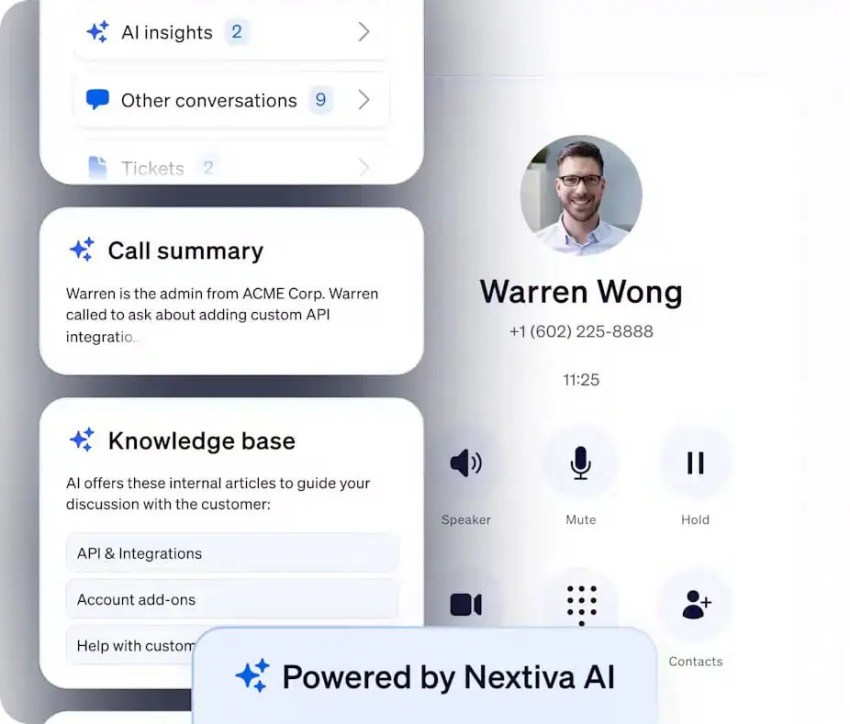
If you don’t have 24/7 support, you’re already behind.
Business leaders shouldn’t contemplate the cost of 24/7 support but rather the cost of not providing it. Simply put, providing round-the-clock support is the cost of doing business.
Customers won’t wait for your business hours to get help — they’ll simply go to a competitor. You’re just one Google search away from losing the next sale, which could be worth thousands.
As CX leaders take on a holistic approach to improve customer experience, the fundamentals still matter. Listen to your customers, follow the data, and provide several ways to get live help.
And don’t limit yourself to call centers, either. Unified customer support tools enable you to surpass customer expectations. Plus, you won’t need a massive IT support budget to use them.
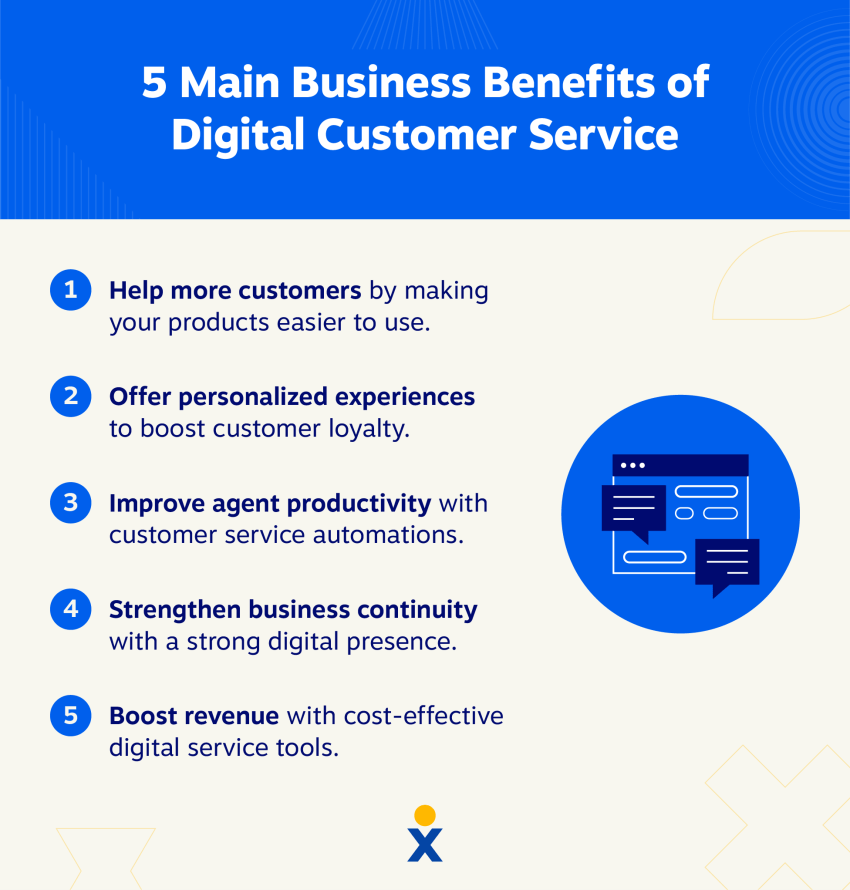
When you know your customer’s needs, you can adopt a 24/7 support operation to help customers, partners, and employees at any hour.


















 Customer Experience
Customer Experience 













